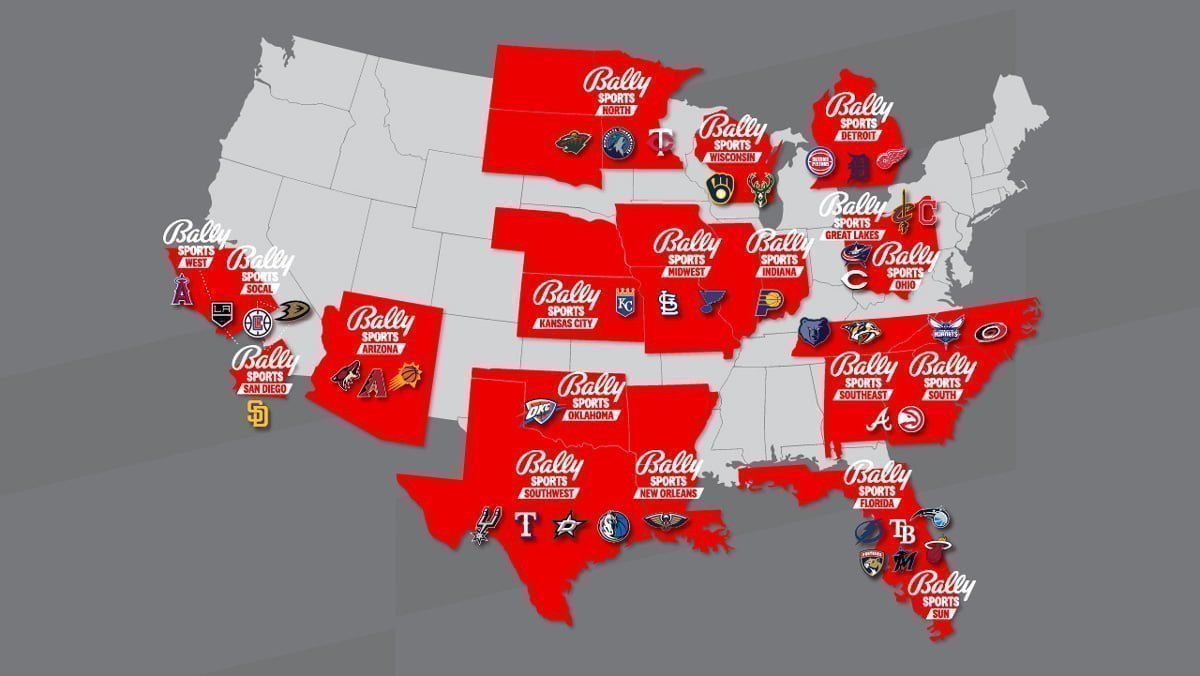People will subscribe because, well, Americans like TV, including live sports. And if the only way to sign up for TV service is via apps, well, that's what folks will do. (If/when MVPDs switch to this system, I would imagine that they'll allow any existing customers still on the old-style commingled cable bundles to be grandfathered in on them for a few more years.)
As for bouncing around from app to app, yeah, that happens. To lessen that, I suspect we'll see an increase in a trend that's already begun, wherein the service providers (e.g. Disney+, HBO Max) give you a discount when you prepay for a year versus signing up month-to-month at the regular monthly rate. Currently it's often like getting 2 free months, i.e. you're paying 10x the monthly rate when you prepay for 12 months.
We know that the cost of these services will have to go up as they take on more and more of the content on linear networks (and as their old cable TV cash cow dries up), including the high-value live sports. Perhaps, though, the rate of price increase won't be as steep on the annual price versus the monthly price so that if you prepay for a year, you're only paying 9x or even 8x the cost of the regular monthly price. And they might make it more consumer-friendly by breaking up the annual cost and charging your card once each quarter if you have good credit (which is really just a backwards way of re-instituting optional annual contracts).
Also, by the time all this happens, there will definitely be more consolidation among traditional Hollywood media companies. Look at all the streaming services they have now: Disney+, Hulu, HBO Max/Discovery, Paramount+, Peacock, Showtime, AMC+, Starz, BET+, Noggin. Several of those won't exist in a few years, except perhaps as sub-brands inside of a larger combined service. So when consumers have fewer apps to cycle between, and we settle down to 4 or 5 major global mainstream entertainment apps (e.g. Netflix, Prime Video, Apple TV+, Disney+, and maybe one more from some combo of those above), there just won't be as many different options for consumers to bounce between. Most US households will keep at least 2 of them at a time, but many will have all of them. And as each service develops its own distinct brand, different households will increasingly become loyal to just the ones that appeal most to them and not worry about the stuff they're missing on the ones they don't take.




